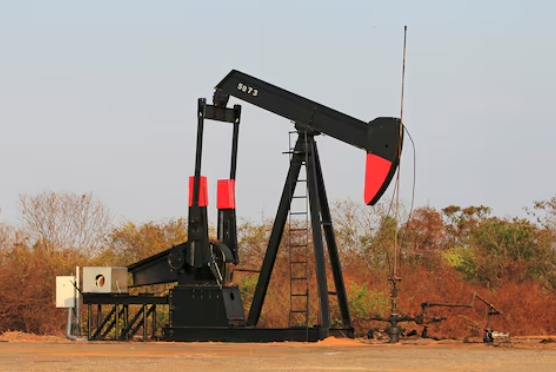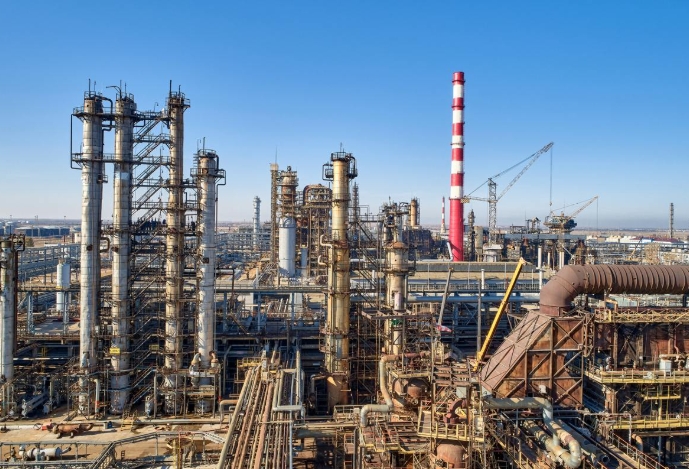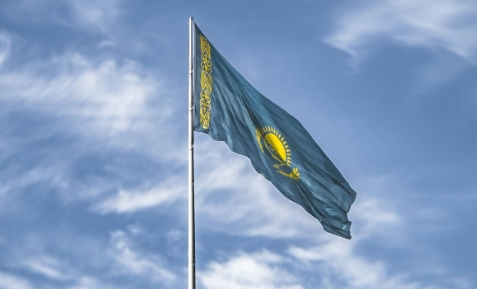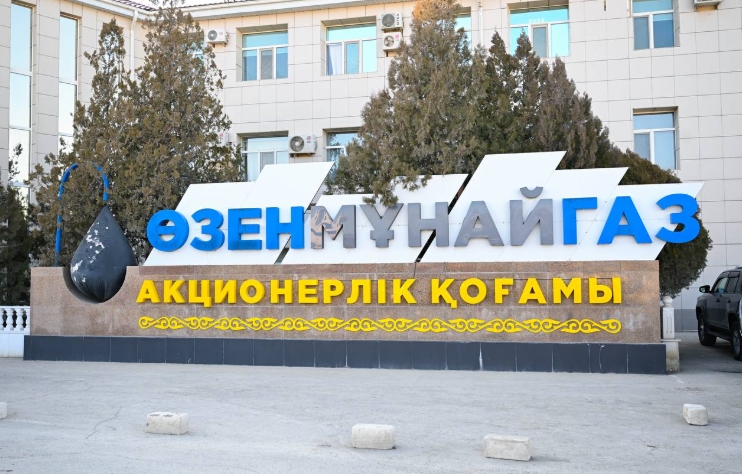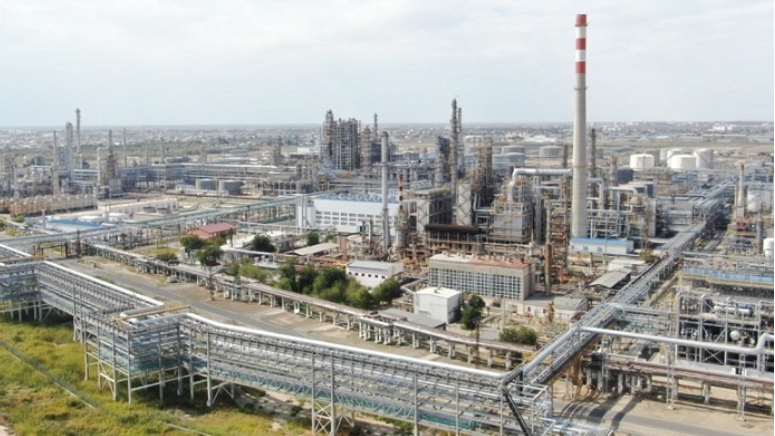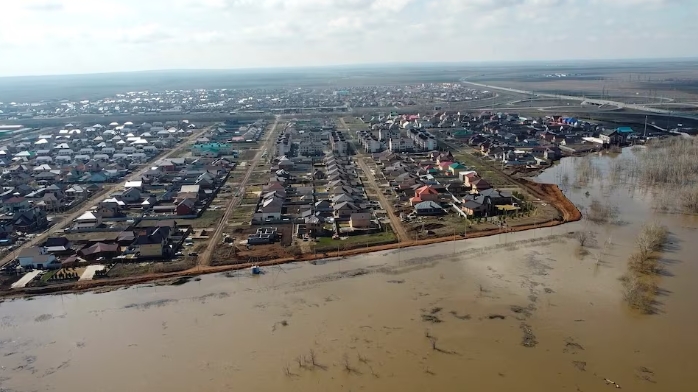
Officials in Kurgan, on Russia's side of the border with Kazakhstan, said water levels in the Tobol River around the city had climbed 56 cm (23 inches) over the past 24 hours, according to Russian news agencies. They now exceeded 10 m (33 feet), well over the level considered dangerous.
Kurgan region Governor Vadim Shumkov said work was underway to bolster a dam in the city being subjected to heavy pressure.
Floodwaters had inundated 13 areas where evacuations had previously been ordered and eight more were under threat, according to the reports. New evacuations were ordered in 18 localities in Belozersky district, north of Kurgan, Russian agencies reported.
Kazakhstan has declared a national disaster and diverted funding for relief efforts, evacuating well over 100,000 people and saying 16,000 metric tons of oil production had been lost so far. Aerial videos have shown vast areas under water, with some homes submerged up to their rooftops.
Workers and volunteers in the cities of Oral and Atyrau were building dams and barriers to protect residential, agricultural and industrial areas from water.
The energy ministry said walls 2 m to 2.5 m tall have been built around the Atyrau oil refinery which is close to the river, although the authorities still appeared not to rule out possible disruptions to its work. Sufficient fuel stocks had been created across the country, officials said.
In Russia, the governor of the Tyumen region, a centre of oil and gas production, said on Wednesday up to 100 settlements were expected to be flooded in coming days as he discussed the flooding with President Vladimir Putin in a televised meeting.
Water levels have continued to rise on the Tobol river and on the Ob river further north in Tomsk region, local authorities said.
In the Tyumen region in Siberia, crossed by the Tobol and Ishim rivers, more than 1,500 people have been evacuated, Russia's emergencies ministry said. In the worst case scenario, floods could threaten 94 towns and villages with a total population of 31,000 people, it added.
The Interfax news agency cited the government of the Tomsk region as saying that water levels in the Ob were above dangerous marks in parts of the region, but were subsiding in its tributary river, the Tom.
The disaster has been caused by the unusually fast melting of large snowfalls amid heavy rain, swelling the tributaries of several of Europe's largest rivers.
A senior Putin ally said this week that regional authorities had fallen short in their forecasting and emergency response.

